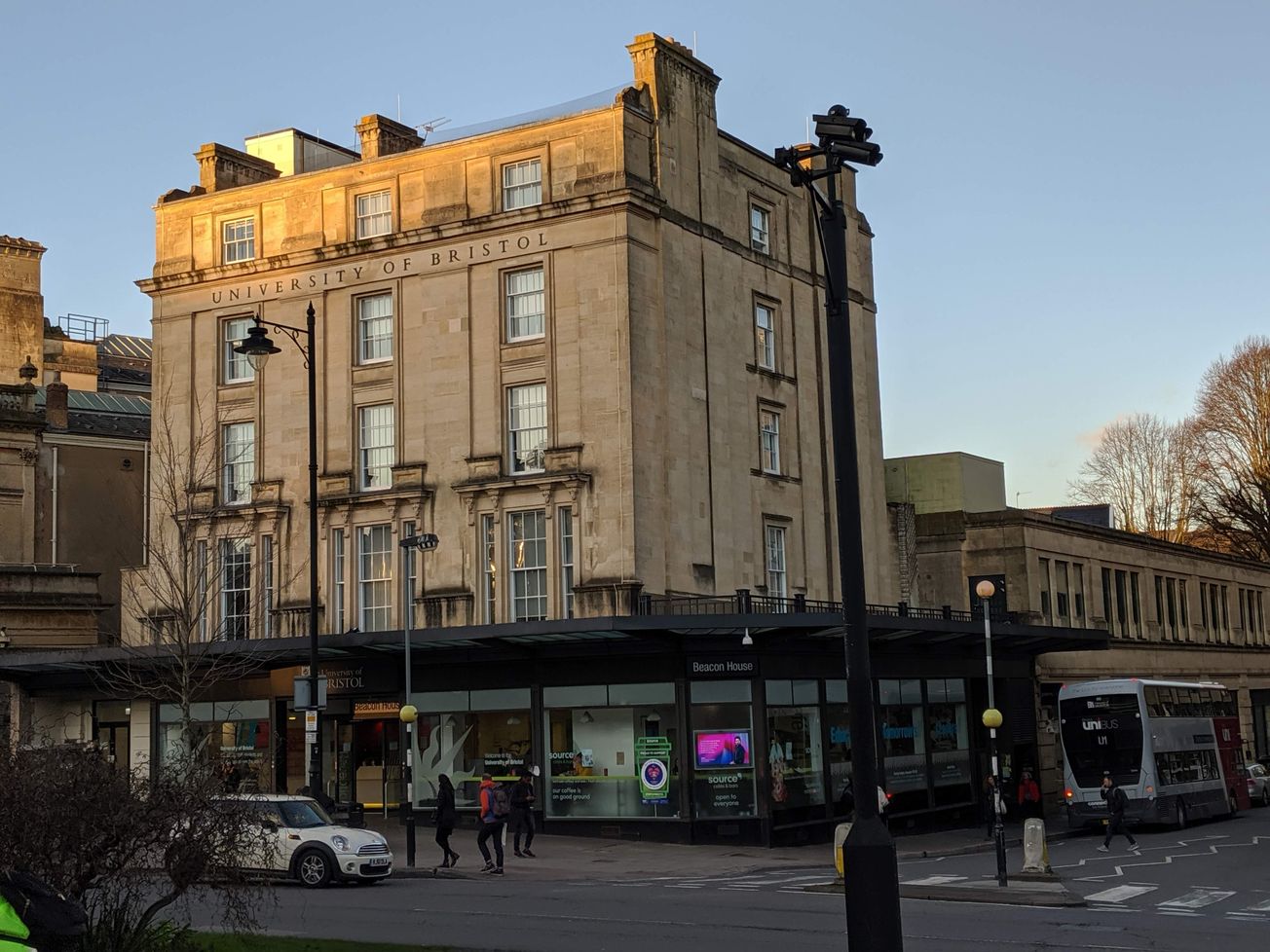By Ellie Brown, Investigations Correspondent
Only a fifth of UK Medical Schools have signed up to the Charter so far.
Bristol Medical School recently became the first signatory of a new Racial Harassment Charter, a document developed by the British Medical Association (BMA) following extensive evidence of racism in medical education.
Launched last month by the BMA, the Charter contains clear standards for medical schools on this issue, with guidance for best practice in four key areas:
- Supporting individuals to speak out
- Ensuring robust processes for reporting and handling complaints
- Mainstreaming equality, diversity and inclusion (EDI) across the learning environment
- Addressing racial harassment on work placements
Professor Ashley Blom, Head of Bristol Medical School, who signed the Charter on behalf of the University, said:
'As the future of the medical profession, we want our students to study in a rewarding and inclusive environment where they can flourish while they train to become doctors.
'In adopting this Charter we have committed to improving diversity and building inclusion for all medical students so they can become the very best doctor that they aspire to be.'
Bristol Medical School has announced it's the first UK medical school to adopt a new BMA racial harassment charter which aims to address the barriers faced by Black, Asian or other minority ethnic (BAME) students. @MedicalBristol #Equality https://t.co/0vKcDonMKS
— Elizabeth Blackwell Institute (@EBIBristol) March 12, 2020
Marie-Claire Bradley, BMA Representative for the University of Bristol, said it was a sign that 'the Medical School is committed to leading a wave of change, along with the other seven medical schools who have signed.
'Medical Students at The University of Bristol are the driving force behind this wave. The formation of the "BAME Inclusion in the Undergraduate Curriculum Working group" by Eva Larkai and Khadija Megrawhi has been supported by Head of School, Professor Ashley Blom.
'It is exemplary in that BMA representatives from other universities have been looking to the work of the Bristol group to inform similar action in their respective medical schools.
'Hopefully, it gives students at other universities a formal basis upon which to prompt their medical schools to create BAME working groups in line with Bristol Medical School's and also with BMA policy from 2019.'
Only a fifth of UK Medical Schools have signed the Charter so far.
It was created following several investigations into the barriers faced by BAME medical students in higher education, as well as continued lobbying by medical students to raise awareness of the issue.
According to a recent British Medical Journal (BMJ) Freedom of Information Request, only half of UK Medical Schools collect data on student complaints about racial harassment. This figure, along with testimony from BAME medical students at a range of institutions, led the BMJ to conclude that UK Medical Schools are 'ill-prepared to deal with the racism and racial harassment experienced by ethnic minority students.'
'Medical Students at The University of Bristol are the driving force behind this wave'- Marie-Claire Bradley, University of Bristol BMA Representative
Meanwhile, in 2018, the BMA's Medical Students Committee raised a successful motion calling for more action to tackle racism in medical education and better support for students who report incidents of racial harassment.
A later roundtable co-hosted by the BMA and Equalities and Human Rights Commission (EHRC) saw current and former BAME medical students discuss their experiences and what they thought needed to change; these discussions, along with other research such as the BMJ report, fed in to the resulting Charter.
"The NHS, royal colleges, General Medical Council, and BMA owe doctors who trained abroad a collective apology for their inaction on racism and for turning a blind eye toward it at all levels." https://t.co/LbUze5R6ul
— Partha Das (@goodsworthy) June 6, 2018
Third year medical student and incoming Chair of the BME Network, Khadija Megrawhi, has lobbied for similar measures over the past year as part of the School's BAME Working Group.
In light of Bristol's signature, she said: 'the Charter has been truly uplifting to see as it demonstrates this work being prioritised across the country and being advocated for nationally.
'Previously, racial harassment has always relied on individual students to challenge it, without established guidance. However, this leads to burnout for those involved as it relies on their energy to continue to fight for their own wellbeing and protection.
'As someone who faced discrimination in the hospital environment from the very doctors meant to be teaching me, it would have been more empowering to have established precedence for having this experience as a medical student.
'But we mobilised as students during the 2018 Annual Representative Meeting (ARM), passing a motion from the Medical Schools Committee calling for more action on racial harassment in medical education and asking that all medical schools have clear and accessible mechanisms for reporting it.
'Once again, this shows the power of collective action in taking isolating experiences and using them to make systemic change.
'Though learning how to deal with these issues can feel uncomfortable, they are real life. It is easier if everyone understands how all incidents, from 'microaggressions' to direct discrimination, can directly impact the students involved.
'Raising awareness will help others appreciate the difficulties medics from ethnic minorities face, as we navigate having to prioritise patient needs and learning from our colleagues whilst standing up for right to be respected and included.'
Featured image credit: Epigram / Ellie Brown
Are you happy the University has signed up to this charter? Let us know!







